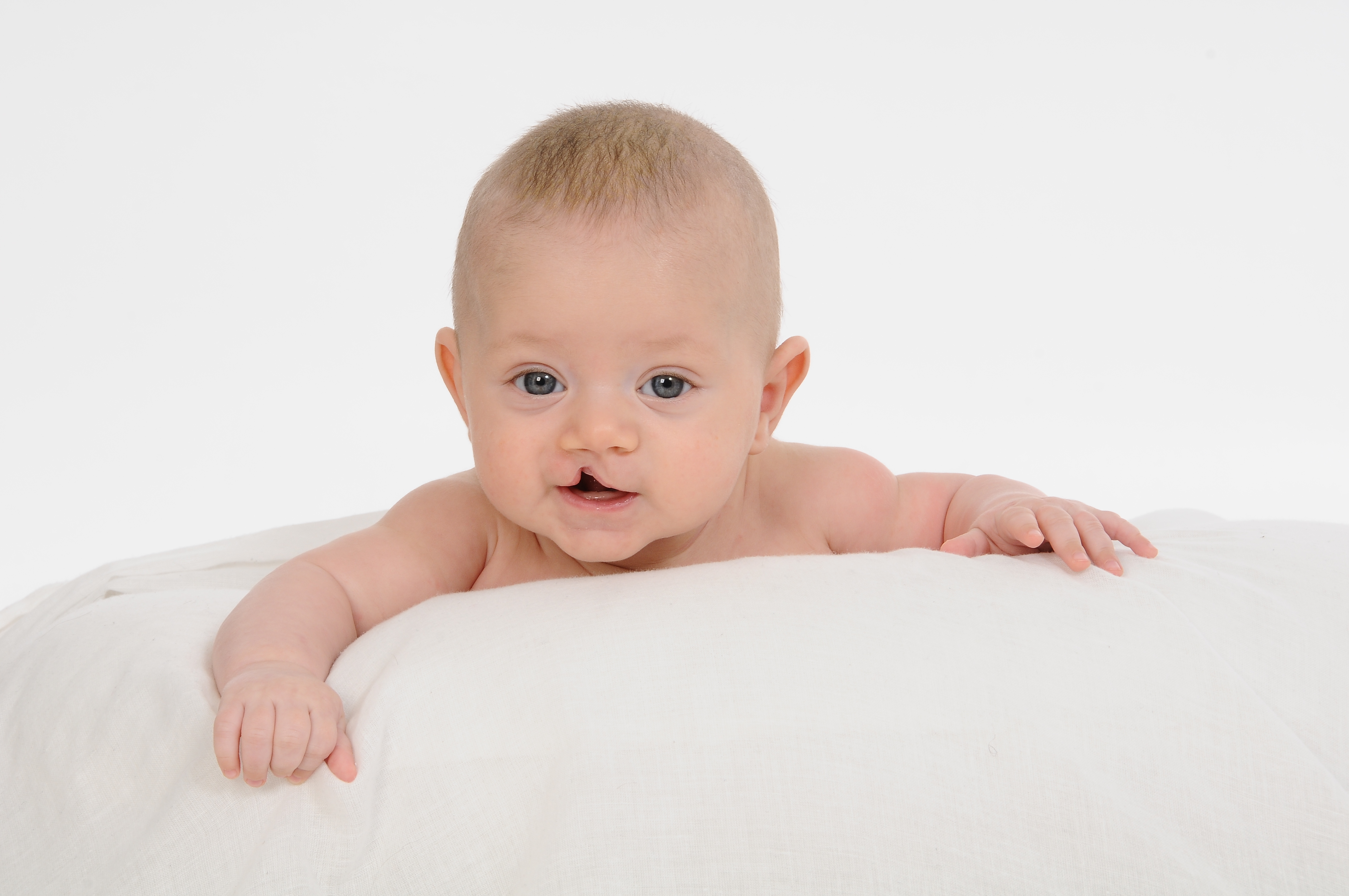The findings could have an important impact on family counselling and coping strategies, and on how schools and the public perceive people born with a cleft lip.
Previous studies have shown that children born with a cleft lip or a cleft palate do less well in school, even if they don’t have any other conditions or known genetic syndromes. Until now, it has been suggested that these observed differences could be due to a genetic predisposition to lower intelligence caused by undiagnosed differences in brain structure or function. The new study by the Cleft Collective research team at the University of Bristol, funded by The Scar Free Foundation, indicates that this is unlikely to be the case for children born with a cleft lip.
Dr Gemma Sharp, Senior Lecturer in Molecular Epidemiology and senior author of the study, said: “Our study has highlighted the need for further research into possible explanations as to why these children tend to do less well at school. For example, the differences in educational attainment might be explained by factors related to having a cleft lip (with or without a cleft palate), such as social stigmatisation and impaired speech and language development, or by confounding factors such as family socioeconomic position. A better understanding of these factors could help to develop ways to support schools and families to improve educational attainment in children born with a cleft lip.”
Christina Dardani, PhD student at Bristol University’s Centre of Academic Mental Health said: “Our findings could have a positive impact on how people perceive children born with a cleft lip. When they are born, they are just as likely as anyone else to do well at school. The fact that some studies have found they do less well really highlights the need to provide the right environment and educational opportunities to help these children reach their full potential.”
The team compared information about the genetics of cleft lip to information about the genetics of educational attainment and intelligence. They found very little evidence to suggest that the genetic influences on cleft lip are related to low educational attainment or intelligence. The researchers hope to conduct further research in this area using data from The Scar Free Foundation Cleft Gene Bank and Cohort Study as the children in that study reach school age.
The full study can be read here, published this week in the International Journal of Epidemiology.
Worldwide, one in every 700 babies is born with a cleft lip and/or palate, with around 1,000 new cleft births in the UK each year. A cleft can significantly impact feeding, the development of speech, appearance, hearing and other aspects of a child’s development, yet the reasons why babies are born with a cleft remains unknown.
Rachel McDermott is an Ambassador for The Scar Free Foundation, and mother to 9-year-old Emily, who was born with a unilateral cleft lip. She said: “This research is an important step on the path to providing the right support for children born with a cleft lip to fulfill their potential. Rather than wrongly assuming these children are less able than other children, factors such as the psychological impact of scarring as well as time away from school for medical appointments and surgeries should now feature more prominently in the way individual educational support is designed and delivered.
The opportunity to be part of world-leading research, that has the power to greatly improve people's lives in the future, inspired me to become a Scar Free Ambassador.”
Established in 2012 and hosted by the University of Bristol, The Scar Free Foundation Cleft Gene Bank and Cohort Study collects biological samples of children born with a cleft and their parents, along with information on demographic, lifestyle and psychological data. 3,200 families are now participating, making it one of the world’s largest biobanks. The study is providing unprecedented insight into what causes cleft, the best treatments and how a cleft might affect a child as they develop.

